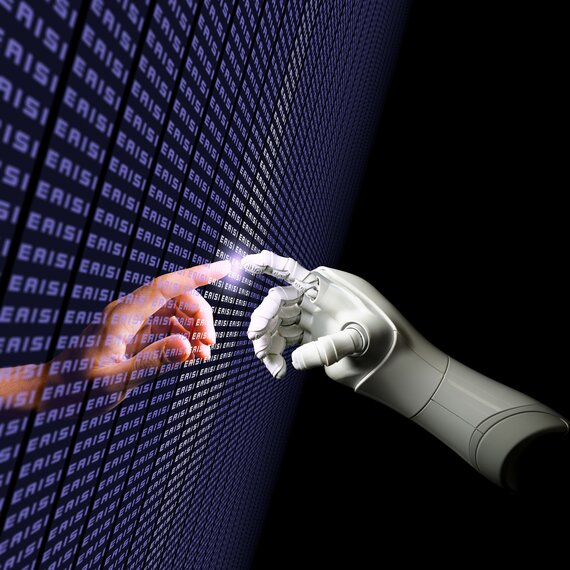Date
Tuesday March 19, 2024 from 3:30 PM to 4:30 PMLocation
Neuron 0.262Co-organizer
Electrical EngineeringPrice
freeUse and Abuse of Machine Learning in Scientific Discovery
Professor Daniel M. Tartakovsky, Professor at Stanford University, is a guest of Mitrofan Curti of the department of Electrical Engineering.
Title | Use and Abuse of Machine Learning in Scientific Discovery
My talk focuses on the limitations and potential of deep learning in the context of science-based predictions of dynamic phenomena. In this context, neural networks (NNs) are often used as surrogates or emulators of partial differential equations (PDEs) that describe the dynamics of complex systems. A virtually negligible computational cost of such surrogates renders them an attractive tool for ensemble-based computation, which requires a large number of repeated PDE solves. Since the latter are also needed to generate sufficient data for NN training, the usefulness of NN-based surrogates hinges on the balance between the training cost and the computational gain stemming from their deployment. We rely on multi-fidelity simulations to reduce the cost of data generation for subsequent training of a deep convolutional NN (CNN) using transfer learning. High- and low-fidelity images are generated by solving PDEs on fine and coarse meshes, respectively. We use theoretical results for multilevel Monte Carlo to guide our choice of the numbers of images of each kind. We demonstrate the performance of this multi-fidelity training strategy on the problem of estimation of the distribution of a quantity of interest, whose dynamics is governed by a system of nonlinear PDEs (parabolic PDEs of multi-phase flow in heterogeneous porous media) with uncertain/random parameters. Our numerical experiments demonstrate that a mixture of a comparatively large number of low-fidelity data and smaller numbers of high- and low-fidelity data provides an optimal balance of computational speed-up and prediction accuracy.

Professor Daniel M. Tartakovsky
Daniel Tartakovsky is a Professor in Energy Science and Engineering Department, Institute for Computational Mathematics and Engineering, and Bio-X at Stanford University. Prior to joining Stanford, he was a Staff Scientist in Theoretical Division at Los Alamos National Laboratory (1996-2005) and Professor of Mechanical and Aerospace Engineering at University of California San Diego (2005-2015). His research interests include data-driven modeling and simulation, parameter estimation, and uncertainty quantification, with applications ranging from electrochemical energy storage to biomedical engineering.
